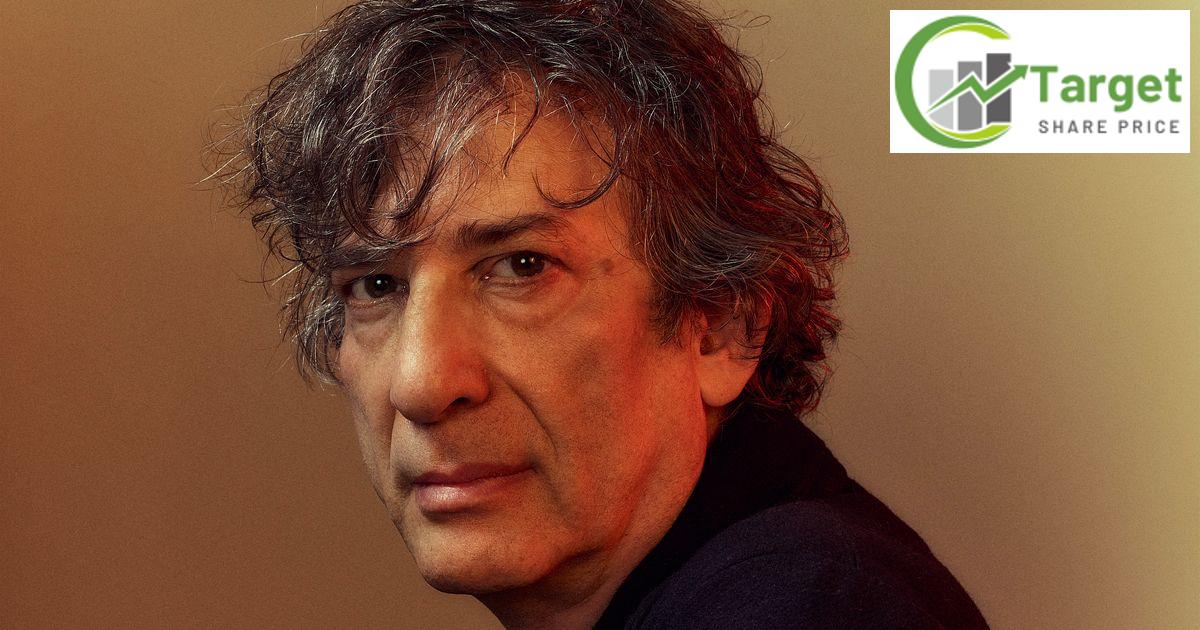Recently, the acclaimed author Neil Gaiman, known for his works like ‘Coraline’ and ‘The Sandman’, has come under scrutiny as several allegations of sexual misconduct and assault have emerged. These claims, involving multiple women, are stirring a significant discussion about consent and power dynamics in the literary world. Many fans are finding it hard to reconcile their love for Gaiman’s stories with these serious accusations.
The Allegations Against Gaiman
According to a detailed article published in New York Magazine, eight women have come forward with accusations against Neil Gaiman, leading to widespread media coverage. One of the most prominent voices among these accusers is Scarlett Pavlovich, who alleges that Gaiman assaulted her in 2022 while she was babysitting for him and his then-wife, Amanda Palmer. Amidst the confusion and uncertainty of that evening, Pavlovich describes moments that have left her feeling vulnerable and silenced.
Events That Followed
Pavlovich came forward with her experience after months of internal struggle. Although she filed a police report regarding the incident in early 2023, the case was subsequently closed. During this time, it’s reported that she initially confided in Amanda Palmer about the alleged assault. However, Palmer’s refusal to cooperate with the investigation has raised further questions about accountability and support for survivors.
A Pattern of Claims
The allegations do not end with just Pavlovich. Reports indicate that other women have recounted similar experiences involving coercive behavior and sexual assault by Gaiman, some occurring in front of his young son. These accounts span over several years and locations, amplifying the concerns surrounding the author’s conduct and the environments where these incidents allegedly took place.
The Unfolding Discussion Around Consent
What’s particularly troubling is how these allegations have brought forth broader discussions regarding the nature of consent and the dynamics between powerful figures in the arts and their fans. Many are questioning how such behaviors can be overlooked or dismissed in light of an individual’s success. As Neil Gaiman continues to deny the allegations, claiming they were consensual, many find themselves grappling with the tension between admiration for his work and the serious nature of these claims.
Reactions and Industry Impacts
Following the allegations, there have been visible impacts on some of Gaiman’s upcoming projects, with reports of production delays. While his literary contributions have left a lasting impact on genres such as fantasy and horror, the ongoing discussions about his behavior will likely affect how audiences and collaborators perceive his work in the future. This situation puts a spotlight not only on Gaiman but also on the responsibilities that artists hold in the power dynamics with their fans and associates.
A Look Forward for Survivors
As this story develops, it’s also revealing how the industry might shift in treating such allegations moving forward. Survivors are now able to share their experiences, and many are speaking out about the importance of creating a safe environment for discussion. Organizations and movements have urged for more protections and awareness for those affected by similar situations.
What Lies Ahead
Neil Gaiman’s story is a stark reminder of the complexities in separating an artist’s creations from their personal actions. As news continues to evolve regarding these serious allegations, readers, fans, and advocates are left asking tough questions about accountability, support for survivors, and how to engage with a body of work tainted by controversy.




















